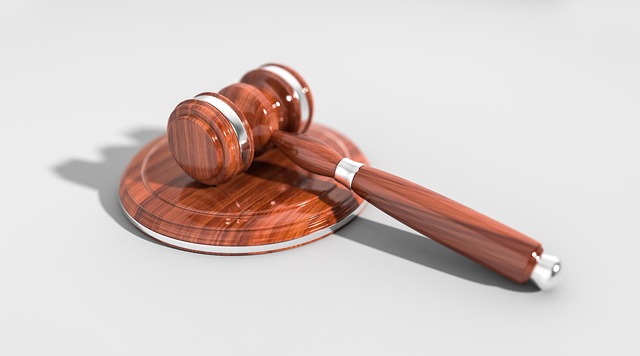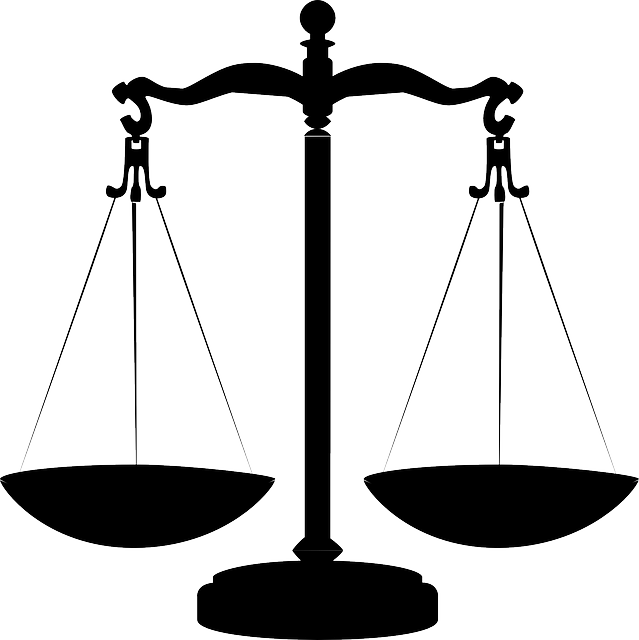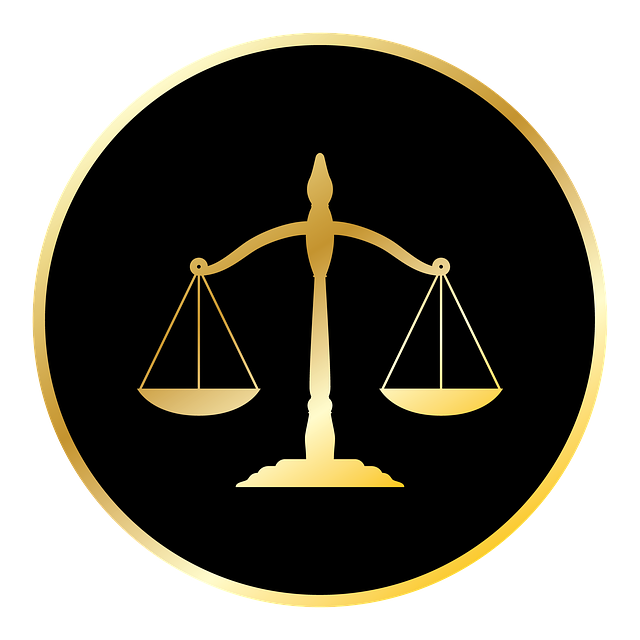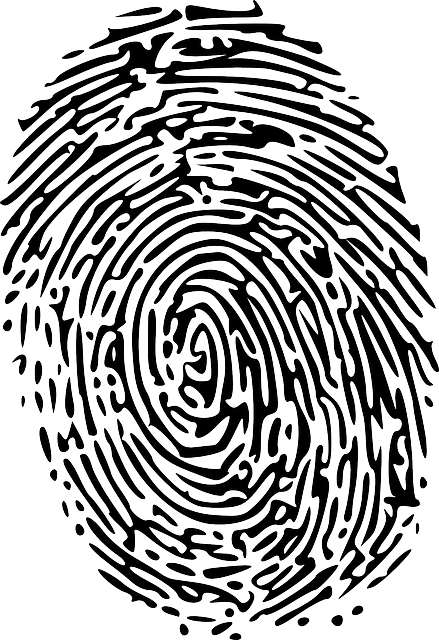Criminal law is evolving significantly due to two major drivers: a victim-centric approach emphasizing restorative justice and technological advancements in forensic science and digital forensics. These changes improve investigation techniques, evidence collection, and court procedures. An international comparative study of criminal justice models worldwide identifies best practices and innovative solutions, while understanding one's rights and defenses is crucial for accused individuals to ensure fairness and favorable outcomes.
Delve into the dynamic world of criminal law, where emerging trends, technological advancements, and global perspectives shape modern legal practices. From navigating international criminal justice systems to understanding rights and defenses for accused individuals, this comprehensive guide offers insights into the evolving landscape of criminal law. Explore how technology enhances investigations and courtroom procedures, and gain a global perspective on comparative studies and initiatives that drive progress in criminal justice.
- Emerging Trends in Criminal Law: A Deep Dive into Modern Legal Practices
- The Role of Technology: Enhancing Investigations and Courtroom Procedures
- International Perspectives on Criminal Justice: Comparative Studies and Global Initiatives
- Rights and Defenses: Understanding the Legal Protections for Accused Individuals
Emerging Trends in Criminal Law: A Deep Dive into Modern Legal Practices

In today’s evolving legal landscape, criminal law is experiencing a series of exciting shifts and emerging trends that are reshaping modern legal practices. One notable trend is the increased emphasis on victim-centric approaches, where the needs and rights of victims are at the forefront of criminal justice processes. This shift promotes more holistic remedies and restorative justice initiatives, ensuring that victims receive support and closure.
Additionally, technological advancements have significantly impacted criminal law. From forensic science to digital forensics, technology plays a pivotal role in investigation techniques and evidence collection. The rise of cybercrime has prompted legal systems to adapt with specialized units and stricter regulations to address these new forms of criminal activity. As the criminal justice system navigates these trends, it fosters a more adaptable, responsive, and effective approach to upholding the law in modern times.
The Role of Technology: Enhancing Investigations and Courtroom Procedures

In today’s digital era, technology plays a pivotal role in shaping the landscape of criminal law. Advanced tools and techniques have revolutionized how investigations are conducted, enhancing efficiency and accuracy. From forensic analysis of digital evidence to real-time surveillance, tech innovations enable investigators to unravel complex crimes with unprecedented precision. These advancements ensure that justice is served swiftly and effectively, reflecting the evolving nature of both crime and legal practices.
Courtroom procedures also stand to benefit from technology’s integration. Digital presentation of evidence, seamless access to case files, and advanced translation services improve the overall efficiency of trials. Moreover, video conferencing and online court systems make it possible to conduct hearings remotely, accommodating accessibility and saving valuable time. These technological enhancements not only streamline criminal law processes but also ensure fairer outcomes for all parties involved.
International Perspectives on Criminal Justice: Comparative Studies and Global Initiatives

The study of criminal law benefits immensely from an international perspective, as different countries approach justice and punishment uniquely. Comparative studies allow legal scholars to analyze and understand these variations, shedding light on cultural, historical, and societal influences shaping criminal law systems. By examining global initiatives and trends, we can identify best practices and innovative solutions to challenges within our own legal frameworks.
This comparative lens highlights successful models of criminal justice around the world, offering insights into effective prosecution strategies, sentencing reforms, and rehabilitation programs. It also facilitates cross-cultural dialogue, fostering cooperation and knowledge sharing among nations committed to advancing their criminal law practices. This global exchange of ideas is crucial for staying abreast of evolving international standards and adapting national laws accordingly.
Rights and Defenses: Understanding the Legal Protections for Accused Individuals

In any criminal law case, it’s crucial to understand the rights and defenses available to accused individuals. These legal protections are designed to ensure fairness and due process throughout the judicial process. Accused persons have the right to remain silent, preventing self-incrimination, and they’re entitled to legal counsel, ensuring they receive a fair trial. The defense can challenge evidence, question witnesses, and present their own arguments, which may include reasonable doubt, self-defense, or lack of intent.
Knowing these rights is paramount for anyone facing criminal charges. They empower individuals to navigate the complex criminal law system, protecting them from potential violations and ensuring they have a fighting chance in court. Understanding these defenses enables accused persons to actively participate in their legal defense, potentially leading to more favorable outcomes.
In the ever-evolving landscape of criminal law, staying informed about emerging trends, technological advancements, and international perspectives is paramount. This article has explored these key aspects, shedding light on modern legal practices, the enhancing role of technology, global initiatives in criminal justice, and the essential rights and defenses for accused individuals. By understanding these elements, we can navigate the complexities of criminal law more effectively, fostering a fair and just system that protects both victims and the rights of those accused.
